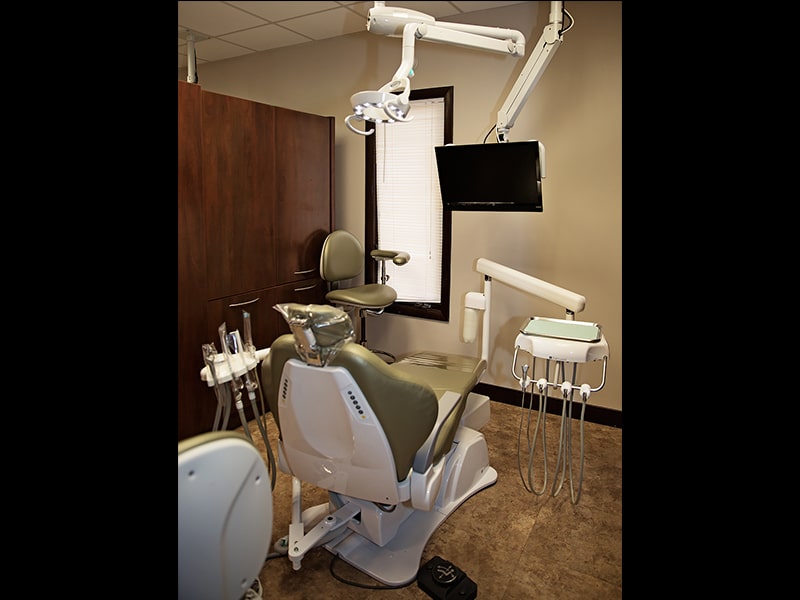Dental implants have become increasingly popular in recent years, offering patients a long-term and natural-looking alternative to traditional dentures or bridges. Let’s explore the basics of dental implants, including what they are, how they work, the benefits they offer, and what to expect during the implant process.
What are Dental Implants?
Dental implants are metal posts or frames that are surgically positioned into the jawbone beneath the gums. Once in place, they allow your dentist to mount replacement teeth onto them. These implants serve as a sturdy foundation for artificial teeth, ensuring stability and durability. Dental implants closely mimic the natural structure and function of your original teeth, providing a reliable and aesthetically pleasing solution for missing teeth.
How Do Dental Implants Work?
The key to the success of dental implants lies in a process called osseointegration. This term refers to the fusion of the implant with the surrounding bone. Through osseointegration, the dental implant becomes a permanent part of your jawbone, essentially functioning as a replacement for the missing tooth root. This bonding process ensures that the implant is secure and stable, enabling it to support the artificial tooth or teeth that will be attached to it.
Benefits of Dental Implants
One of the primary advantages of dental implants is their superior durability and longevity compared to other tooth replacement options. With proper care, dental implants can last a lifetime, making them a cost-effective solution in the long run. Additionally, implants look and feel like natural teeth, allowing you to speak, eat, and smile with confidence. They also help preserve bone structure and prevent the shifting of surrounding teeth, promoting oral health and overall well-being.
The Implant Process
Before undergoing the dental implant procedure, your dentist will conduct a comprehensive examination to assess your oral health and determine your suitability for implants. This assessment may include X-rays, impressions, and other diagnostic tests to ensure that the implant placement is successful. The implant procedure itself typically involves multiple stages, including the surgical placement of the implant, a healing period for osseointegration, and the attachment of the artificial tooth or teeth.
Aftercare and Maintenance
Following the implant procedure, proper aftercare is crucial to ensure the success and longevity of your dental implants. This includes practicing good oral hygiene, such as daily brushing and flossing, as well as attending regular check-ups with your dentist. Your dentist may also recommend dietary modifications or other adjustments to protect your implants and maintain their optimal function.
Don’t Let Your Benefits Go to Waste!
As we approach the end of the year, remember that many dental insurance plans reset on January 1st. If you’ve been considering dental implants or other dental treatments, now is the time to act. Don’t let your unused benefits go to waste—schedule a consultation with New Smiles Dental today to learn how dental implants can transform your smile. Our team will guide you through the process and help you make the most of your dental coverage before it’s too late.











